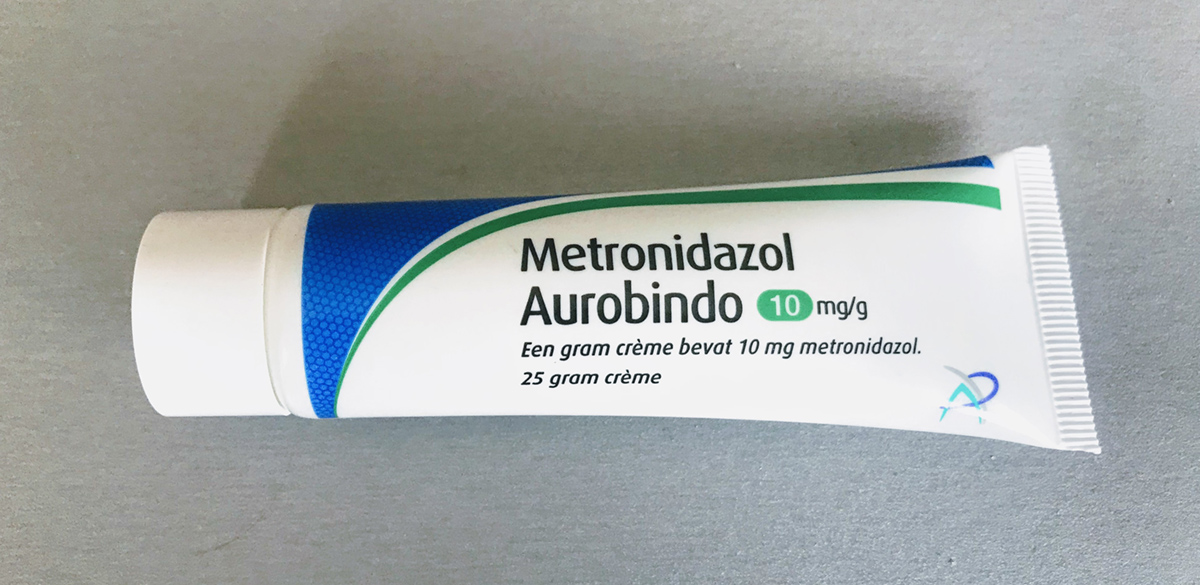
Metronidazole
Metronidazole (Flagyl) is an antibiotic, antiprotozoal and amebicide medication, used to fight the infections in your body. It is found especially potent fighting anaerobic bacteria, such as Clostridium difficile.
Metronidazole is used in the treatments of bacterial infections of the vagina, respiratory infections, joints and stomach. Sometimes, this drug is used to treat skin problems, such as rosacea or fungating tumors.
Caution
Use metronidazole exactly as it was prescribed by your doctor. Do not end the therapy before the infection get completely cured, even if you feel better after some time.
This medication should not be used to treat vaginal yeast infection or viral infection like common cold or flu.
Side Effects
You should not drink alcohol while using metronidazole. Avoid alcohol for minimum 3 days after the treatment, because it may cause redness or warmth of the skin, nausea, vomiting and speed the heartbeat. The reaction of metronidazole with alcohol is known as disulfiram-like reaction.
Intravenous application of metronidazole could cause thrombophlebitis. The possibility of this condition is usually minimized by intravenous catheters.
Metronidazole most serious side effects are peripheral and optic neuropathy, which patients feel as paresthesias and numbness of the legs. The condition might be persistent and is usually associated with long term treatment with high doses of oral metronidazole. Patients are advised to stop the treatment if these symptoms occur, but neuropathy might be persistent.
Also, patients experience other nervous system side effects, such as convulsions, encephalopathy and aseptic meningitis. Some patients reported headaches, vertigo, ataxia, weakness, sleeping problems and confusion, rarely agitation or hallucinations. There were also cases of dentate nuclei abnormalities, causing ataxia and dysarthria. The symptoms disappear once the metronidazole was stopped.
People udin metronidazole may suffer from depression, anxiety or weaken libido.
Common gastrointestinal side effects include nausea, vomiting, abdominal problems, dry mouth and unpleasant taste on the tongue, epigastric problems and constipation. Use of metronidazole might cause Candida overgrowth, leading to infection and inflammation of the tongue, stomach and vagina. Rarely, there were cases of pseudomembranous colitis and pancreatitis, caused by metronidazole treatment.
Fever and darkened urine are also known as side effects or metronidazole use.
Metronidazole can affect the genitourinary tract, leading to disyria, polyuria, incontinence and vaginal itching and candidiasis.
This drug might cause reversible cases of neutropenia and thrombocytopenia.
Patients have reported hypersensitivity to metronidazole, followed by urticaria, pruritus, rash, flushing, fever, Stevens-Johnson syndrome or nasal congestion. Cases of serum sickness-like reaction were rarely reported.
Patients suffering from Crohn’s disease and treated with high doses of metronidazole for long periods of time may develop breast or colon cancers.

















Your thoughts on this
Loading...